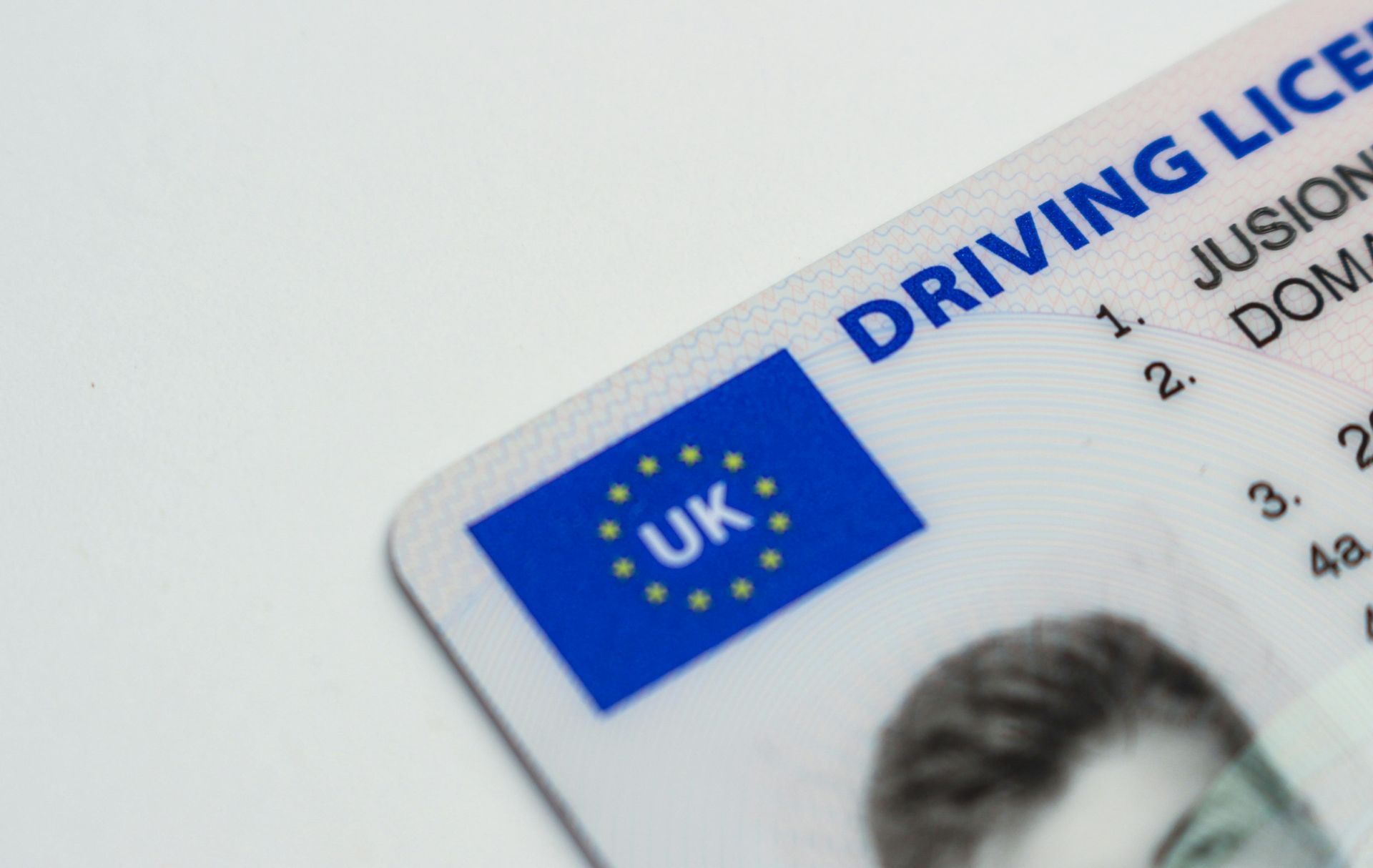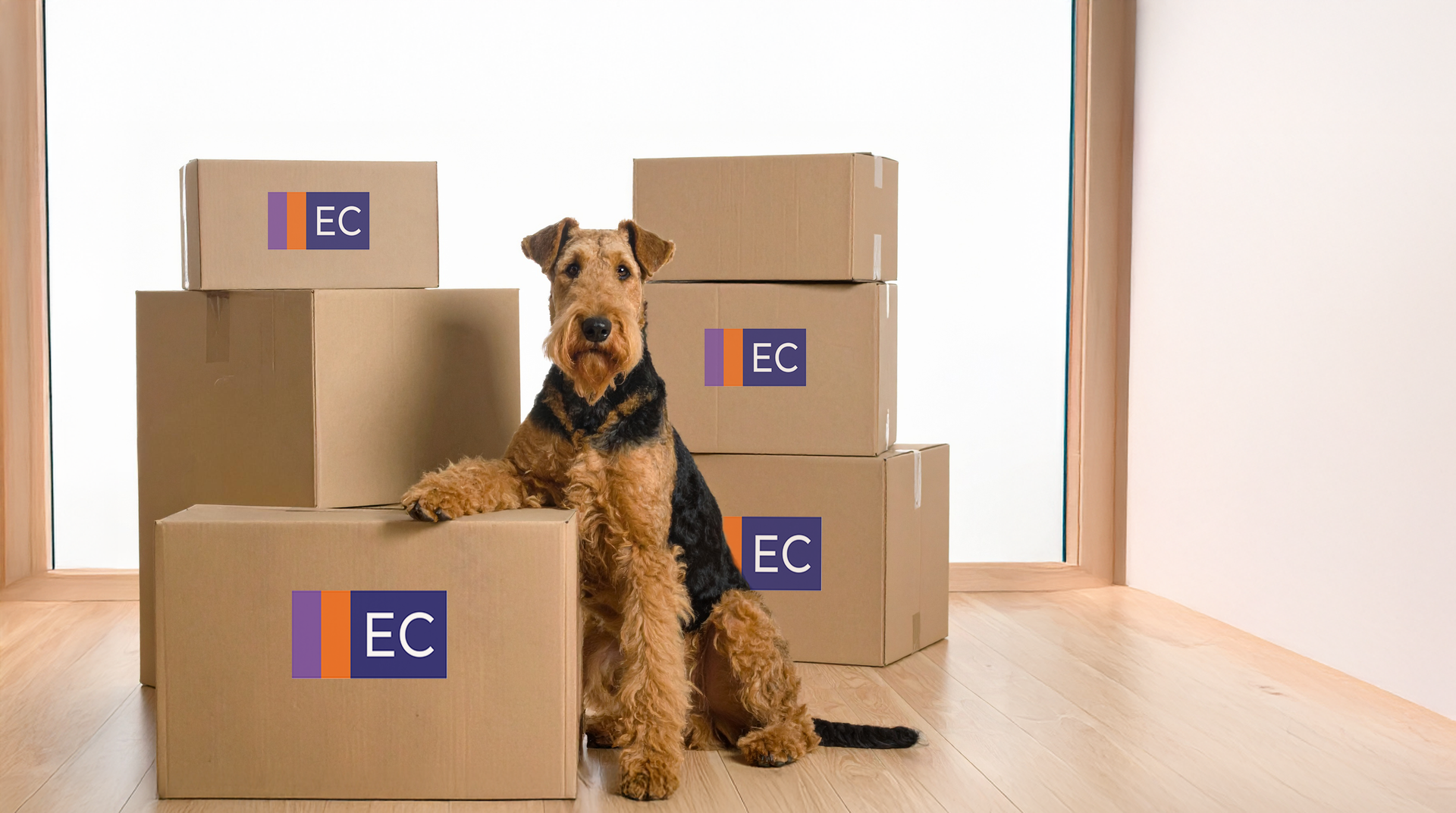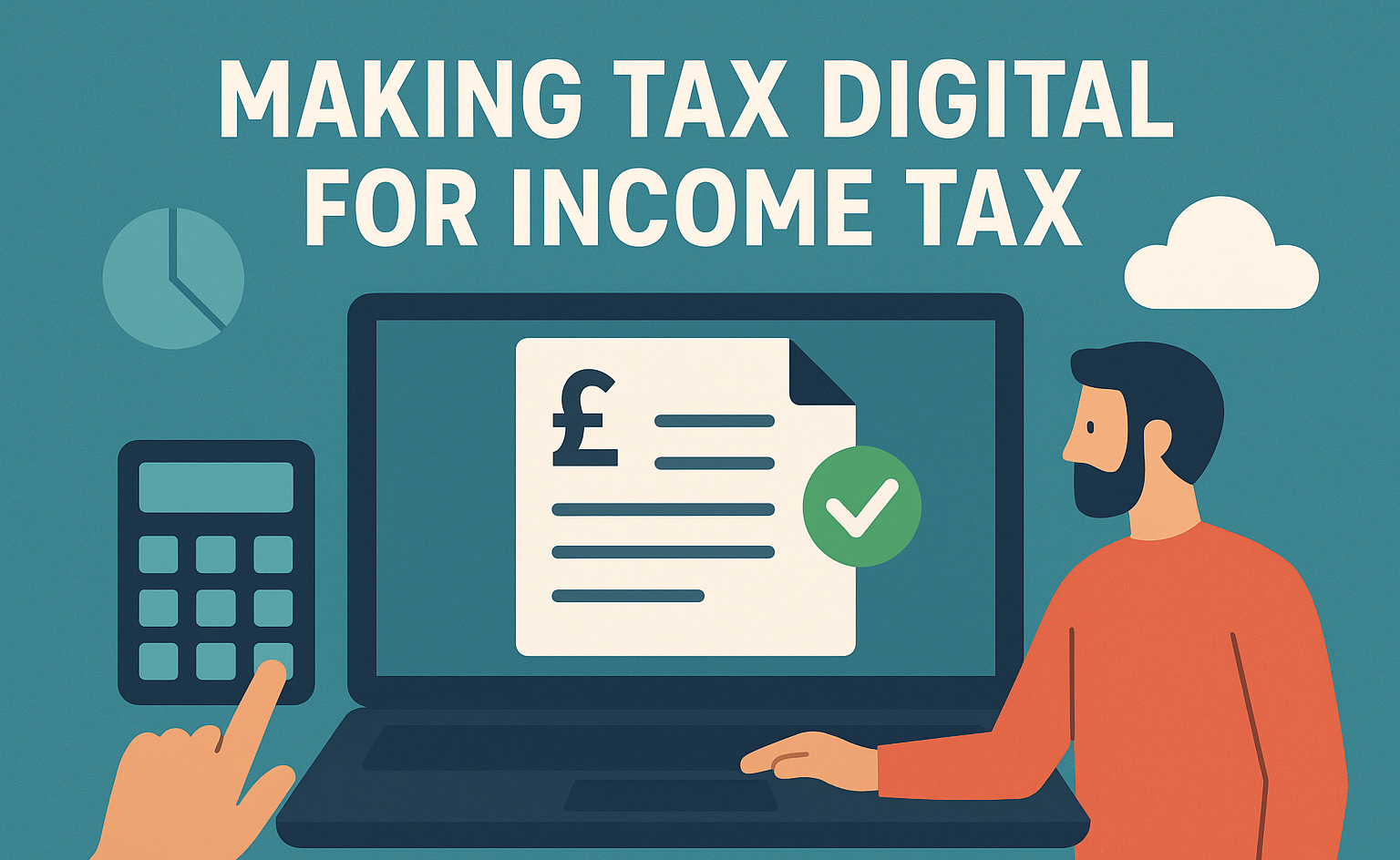Tax on company cars: Does it now pay to go electric with your fleet?
There are currently several compelling reasons to switch to electric cars now rather later, aside from the considerable environmental benefits of running an electric company car vs petrol or diesel.
The government are still determined to see the UK move to electric-only vehicle sales by 2030, which means there are now significant taxable benefits to incentivise businesses to make the move.
Are company cars still a liability?
When it comes to offering your staff company cars, the common drawback is that (for the last 15 years or so) they often create more personal tax liability than they save on the company’s corporation tax bill, meaning many employers and in turn employees choose to opt-out of the company car route.
This is because employees taking company cars are liable to pay ‘Benefit in Kind’ (BiK) tax to reflect this perk’s monetary value. Whilst this varies depending on the vehicle, it can be more cost-effective for employees to maintain a higher salary level, use their own car and claim back the mileage instead.
So over the years, we have seen the take-up dwindling, meaning companies are missing out on the benefits of offering company cars, i.e. attracting employees, deductible repair and maintenance expenses, capital allowance reliefs, and reclaiming VAT (if some cases).
However, the good news for taxpayers is that current tax rates have been introduced for electric and hybrid company cars, potentially saving your business and employees thousands of pounds in tax!
The rates, which came into force from 6 April 2020, calculate the company car taxable benefit based on the ‘electric range’ of the vehicle combined with its level of CO2 emissions.
Where a car is capable of running more than 130 miles on battery power alone whilst producing between zero and 50g/km of carbon dioxide, no tax will have to be paid on the company car by the employee or employer for the 2020/21 tax year. The rates will then increase to 1% for 2021/22 and 2% for 2022/23.
These rates are significantly lower than those applied to conventional petrol or diesel fuel cars, which can be up to 37% of the value of the car, each year.
The BIK is a taxable benefit for the individual and tax will be payable on this amount at the appropriate rate, depending on which tax bracket they fall into. The company must also pay Class 1A National Insurance (NIC) on the BIK charge at a rate of 13.8%. Therefore, if this charge is nil or 1%/2%, and you’re running a fleet of cars, this result can be a significant saving for your company.
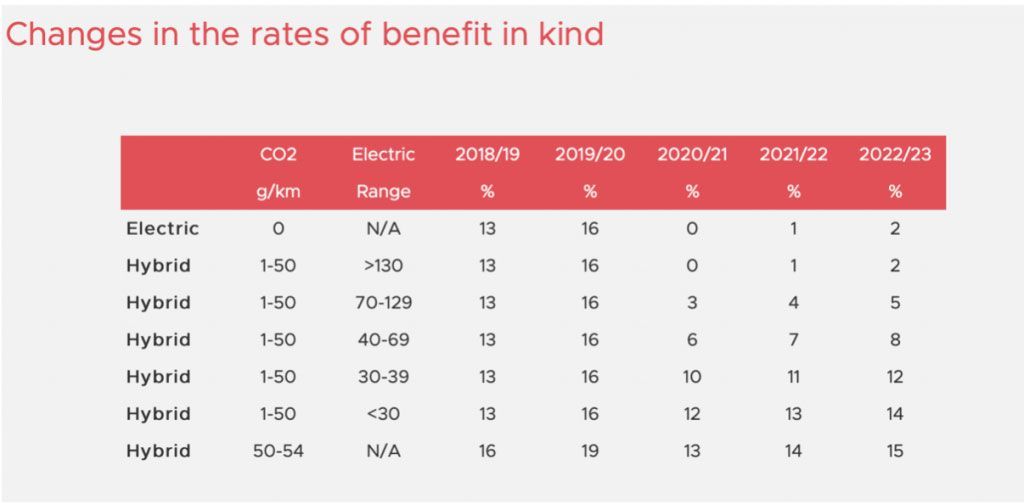
Vans
There is currently a BIK charge for the provision of an electric company van for personal use of £2,782 (this is 80% of the £3,490 charge for standard non-electric vans). From the 6 April 2021, the significant change is this goes down to nil, to encourage companies to make the switch to electric vehicles.
Again, the company will benefit from a reduction in its Class 1A NIC obligations.
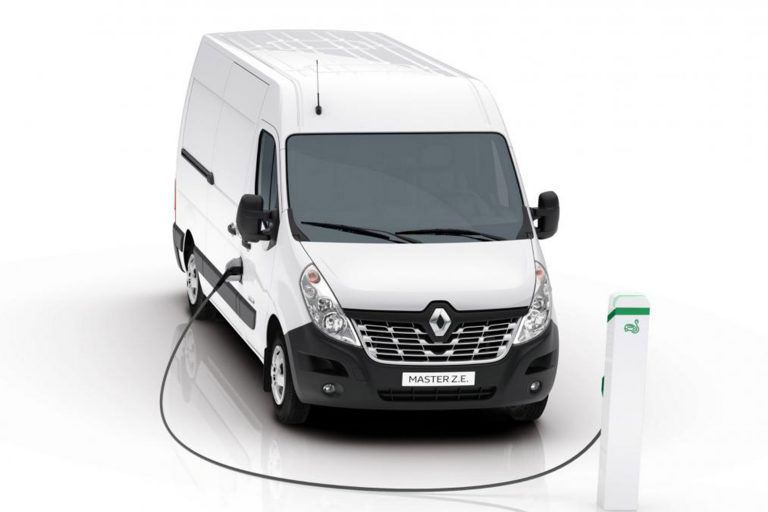
Electricity is not fuel
Electricity is currently not classed as a ‘fuel’ by HMRC which means that any provision of electricity for private mileage
(i.e. if the vehicle is charged at the office/workplace) is not seen as a BIK and will not require any additional reporting on your behalf.
If the company chooses to reimburse the employee for the cost of charging the vehicle at home, this will then be classified as a BIK to the employee and will be taxed as if it were additional earnings, like salary.
This is due to the company paying a personally incurred bill (based on the assumption of providing for non-business miles too). Alternatively, the company could choose to pay the employee – or the employee could claim – 4p per business mile undertaken instead of the full reimbursement of electricity.
If the company was to provide electricity for both business and personal mileage, but stipulate a company policy of charging employees for their private mileage, then private mileage would be reimbursed by the employee at the rate of 4p per mile in the same way that is currently done for petrol or diesel vehicles.
Charging points at the office
If you were to install a charging point(s) at the office, there’s currently no BIK charge applicable to employees charging their personal vehicles at their place of work, providing that the charging point is;
- At or near the place of work and;
- The charging point/facility is offered to all employees with electric vehicles.
Further tax benefits for companies purchasing their low emissions vehicles
For companies planning to purchase their fleet there is also the added benefit that they qualify for a 100% first-year allowance (FYA) if CO2 emissions do not exceed 50g/km and the car is purchased new and unused (as per section 45D of the Capital Allowances Act 2001 (CAA 2001)).
This first-year allowance changes on 31 March 2021 as cars purchased after 1 April 2021 will only qualify for the 100% first-year allowance if 0g/km (subject to any announcements in the Budget in early March 2021). You need to act quickly therefore if you wish to take advantage before the upcoming 31 March 2021 deadline for the first-year allowance for vehicles with emissions from 1-50g/km.
This first-year allowance effectively gives full tax relief to companies on the cost of the car in the year of its purchase
and means that a Tesla Model 3 purchased at £43,500 would yield a £8,265 saving in tax relief for your company in the
year one.
Or purchase a Porsche Taycan Turbo S with a few options for £150,000 and achieve tax relief in the year of purchase
of £28,500!!
Remember though that any asset purchase by a company will, through the capital allowances system, generally achieve tax relief for the fall in value of an asset – it is just that the timing of tax relief for qualifying newly registered low emission cars is front loaded.
An alternative to buying is leasing.
Many clients maybe considering a car lease instead as this leaves the risk of ownership with the leasing company and allows the company to better plan its outgoings.
With a lease the tax relief for a limited company works in a different way but the personal tax position is no different.
For the company, tax relief is available on the monthly rental payments which means the tax relief is more evenly spread over the lease period instead of lots of tax relief up front then a tax liability when it is sold. The latter tax liability can sometimes catch some people out, so some clients prefer the much more straightforward method of leasing.
VAT registered businesses can also claim up to 50% of the lease rental VAT and 100% of the maintenance VAT back
from HMRC.




